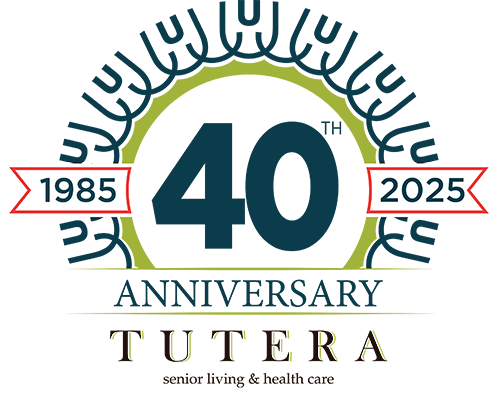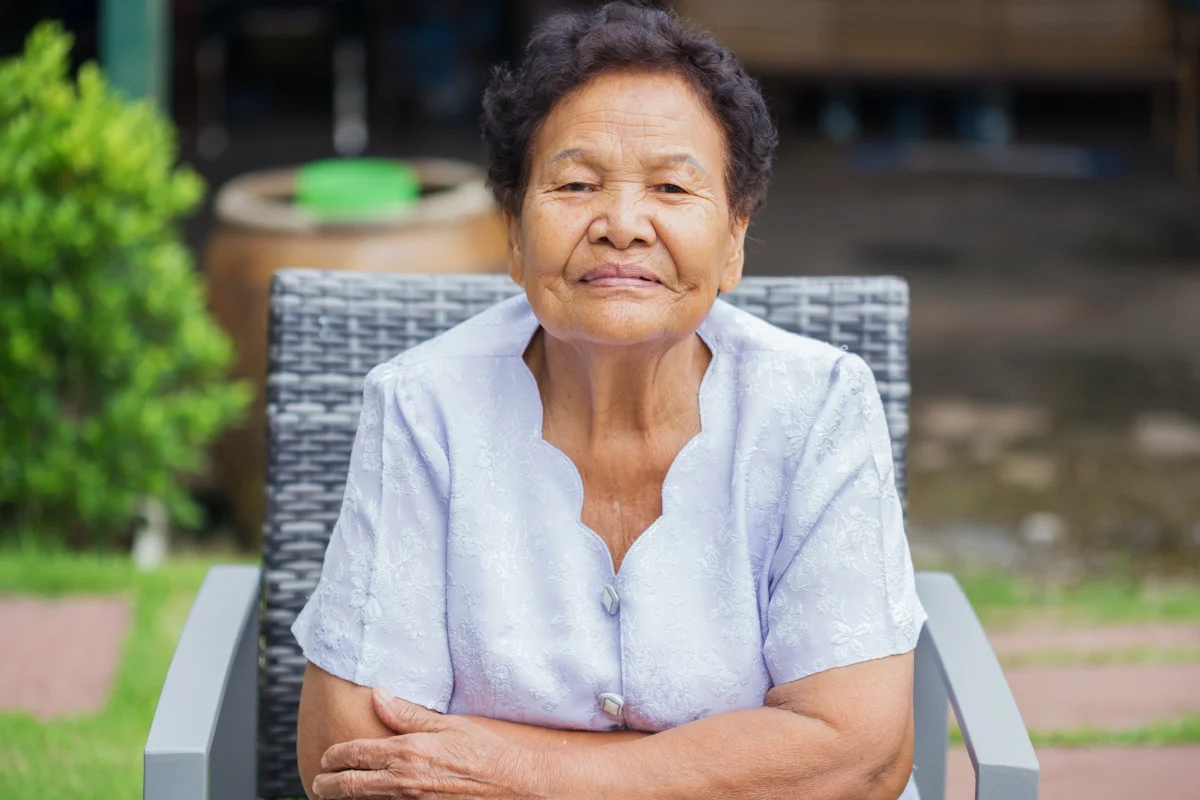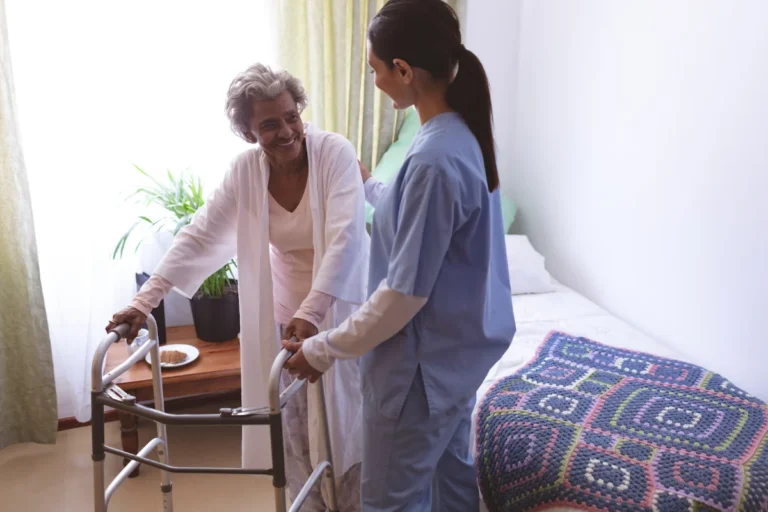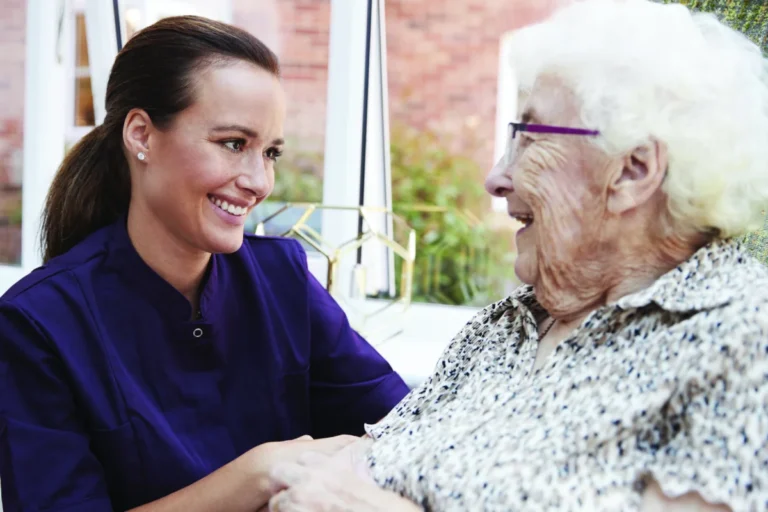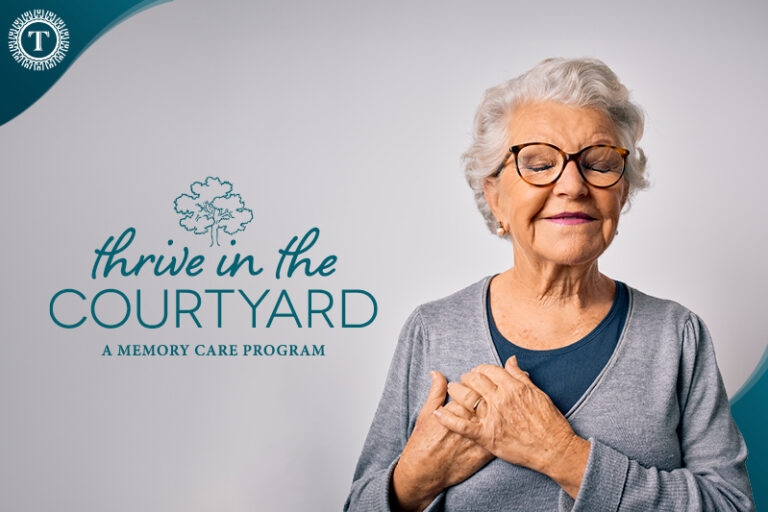According to the Alzheimer’s Association, as many as seven percent of adults over the age of 60 in the U.S. suffer from some form of dementia. In general, dementia is a disease causing a progressive decline in memory and other mental abilities. This disease makes daily living difficult and can cause problems with language, decision-making abilities and can reduce independence.
Living with dementia can take a toll on both the patient and the caregivers. Finding support and specialty care, such as the care available at memory care communities, can help provide peace of mind for both patients and their families. Information and education can also make this journey a bit easier. Learning about the types of dementia and the best ways to care for a loved one after a dementia diagnosis are great ways to get started.
Types of Dementia
While dementia is a common term, dementia is not one specific disease. Dementia is a general term for the medically impaired ability to think, make decisions or remember. While dementia mostly impacts older adults, it is not a normal part of aging. There are five progressive types of dementia, which include:
Alzheimer’s disease. The most common type of dementia is Alzheimer’s disease: in 2020, an estimated 5.8 million Americans over the age of 65 were counted as Alzheimer’s patients. Alzheimer’s patients have tangles and plaques in their brains, which damage the healthy neurons.
Lewy body dementia. One of the most progressive types of dementia, Lewy body dementia causes abnormal, balloon-like clumps of protein to gather in the brain, similar to Parkinson’s disease. Symptoms unique to Lewy body dementia include acting out one’s dreams during sleep, experiencing visual hallucinations and experiencing problems with attention span.
Vascular dementia. Damage to the blood vessels that supply blood to the brain causes Vascular dementia and can also cause strokes. Patients with Vascular dementia have difficulty with problem-solving and demonstrate a loss of focus, both of which are more common signs of this type of dementia than memory loss.
Frontotemporal dementia. Generally associated with behavior, language and personality changes, Frontotemporal dementia is a group of diseases characterized by the breakdown of nerve cells and their connections in the temporal lobes and frontal lobes of the brain.
Mixed dementia. It has been determined that many patients with dementia actually experience multiple forms of the disease. Mixed dementia is often the diagnosis for patients with both Alzheimer’s disease and vascular problems.
If you or a loved one has received a dementia diagnosis, your health care team will be an excellent resource in learning more about what type of dementia it is and the best treatment and management options available.
Living with Dementia
Millions of Americans provide care for a loved one with some form of dementia, either at home or while their loved one receives care in a memory care setting, like The Lodge at Manito. In addition to the skilled, compassionate, specially trained staff at The Lodge at Manito, family members are invited to take part in the daily life of their loved ones. Here are a few tips for supporting a loved one living with dementia, either at home or in a specialty care setting:
- Make sure daily routines are consistent and simple
- Encourage dementia patients to write things down
- Fill the day with activities the patient enjoys
- Make social time a priority
- Encourage independence
- Help to select clothing that is easy to put on and comfortable to wear
- Be respectful and gentle
- Be conscious of fall risks
- Encourage healthy, nutritious meals
At specialty communities, like Stratford Commons Rehabilitation and Health Care Center, these care tips are a top priority. The safety, security and happiness of residents guide all daily activities, and everything from the décor to the layout of the resident rooms.
Finding Care and Comfort
Tutera Senior Living and Health Care’s memory care communities are specially designed to support dementia patients and their families. From the chef-prepared meals to the supportive staff and on-site amenities, each detail encourages independence while providing the support needed to keep our residents safe.
Contact Tutera today to learn more about our memory care programs and our care philosophy by calling 877.988.8372.
